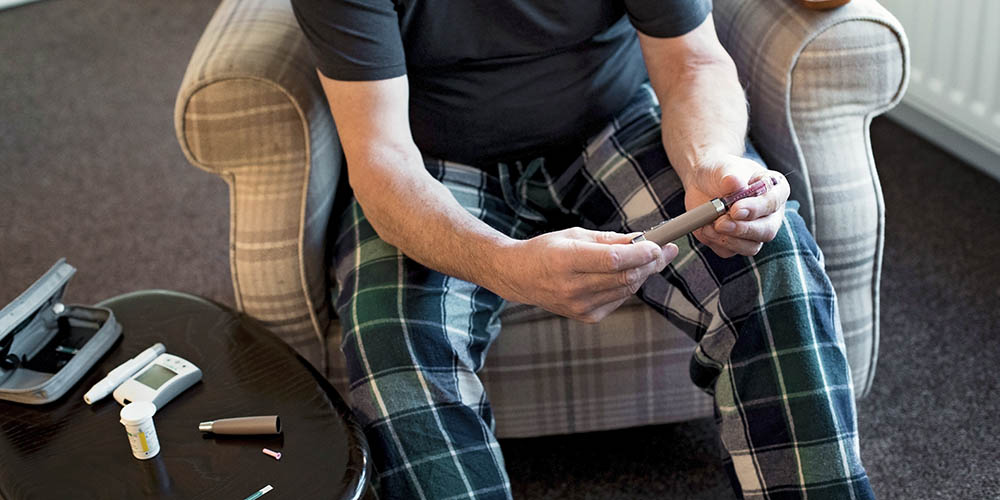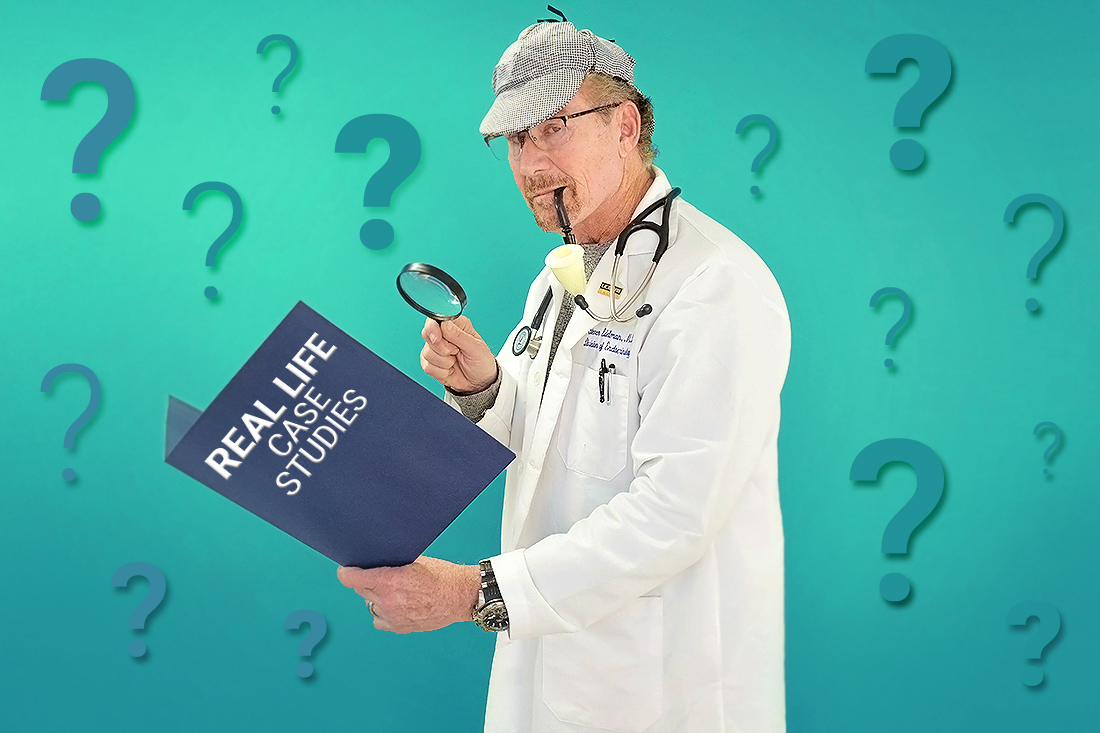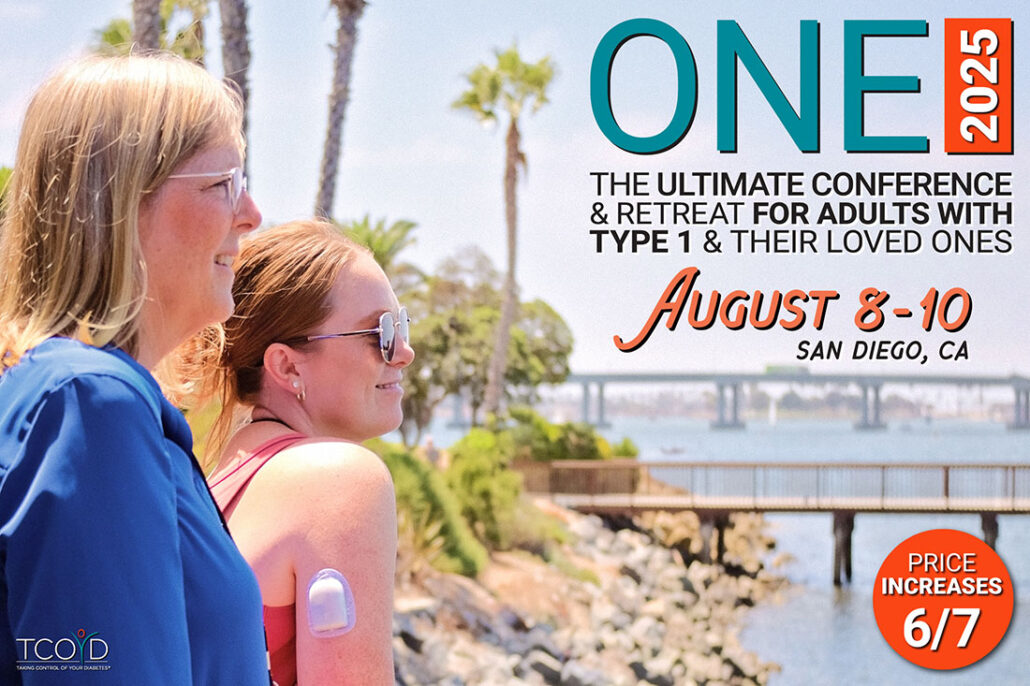
Are your blood sugar spikes the worst after breakfast than other times of the day? Discover why normal, everyday hormones might be to blame, and how inhaled insulin can help you take back control. Taking a “hit” is common now – without the risk of being arrested!
read more →






